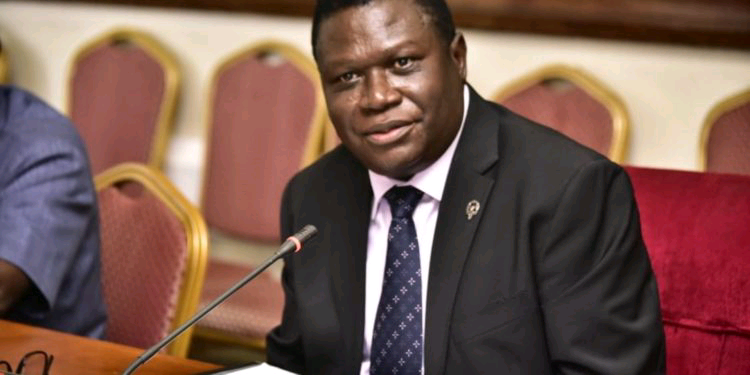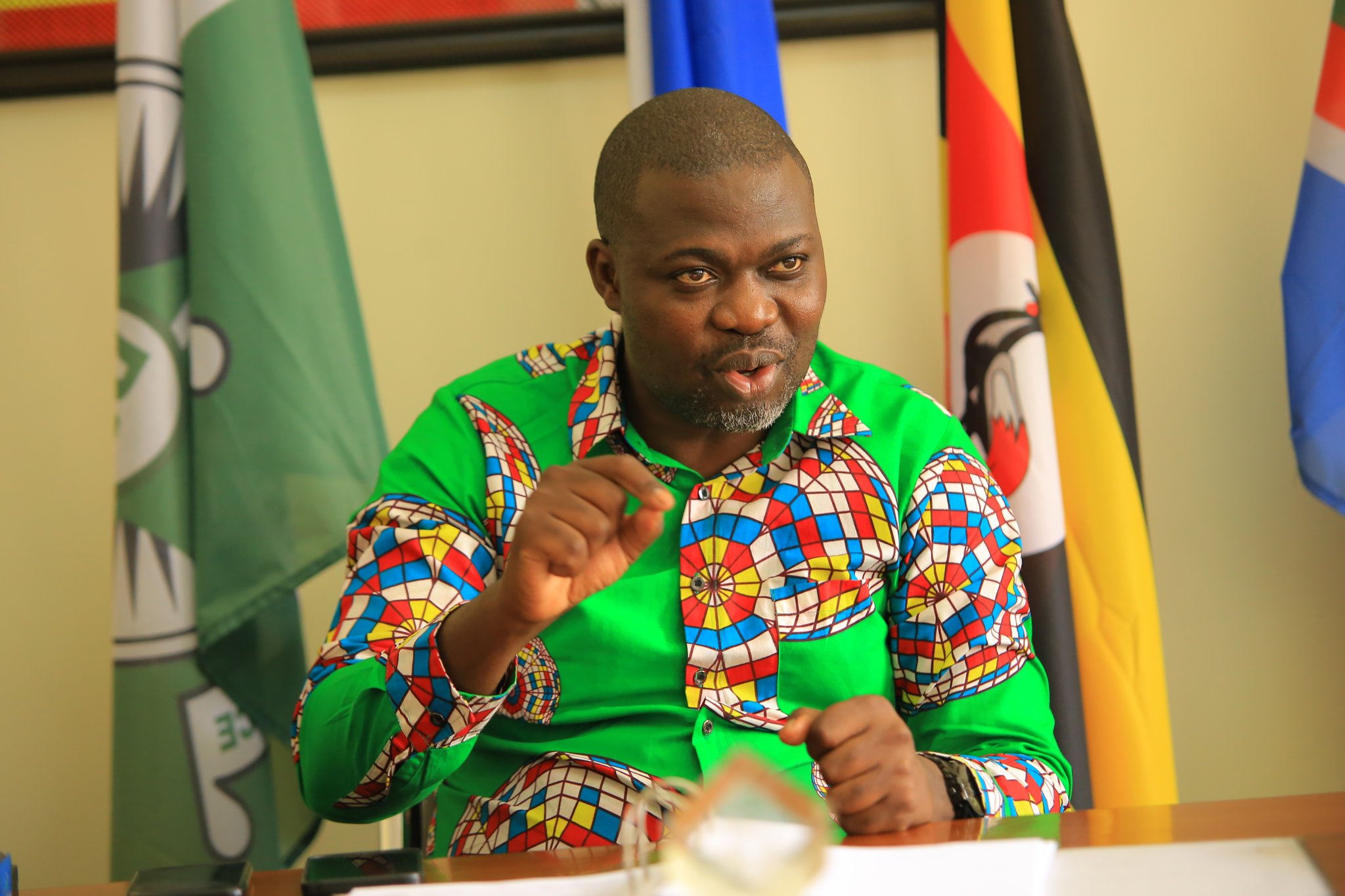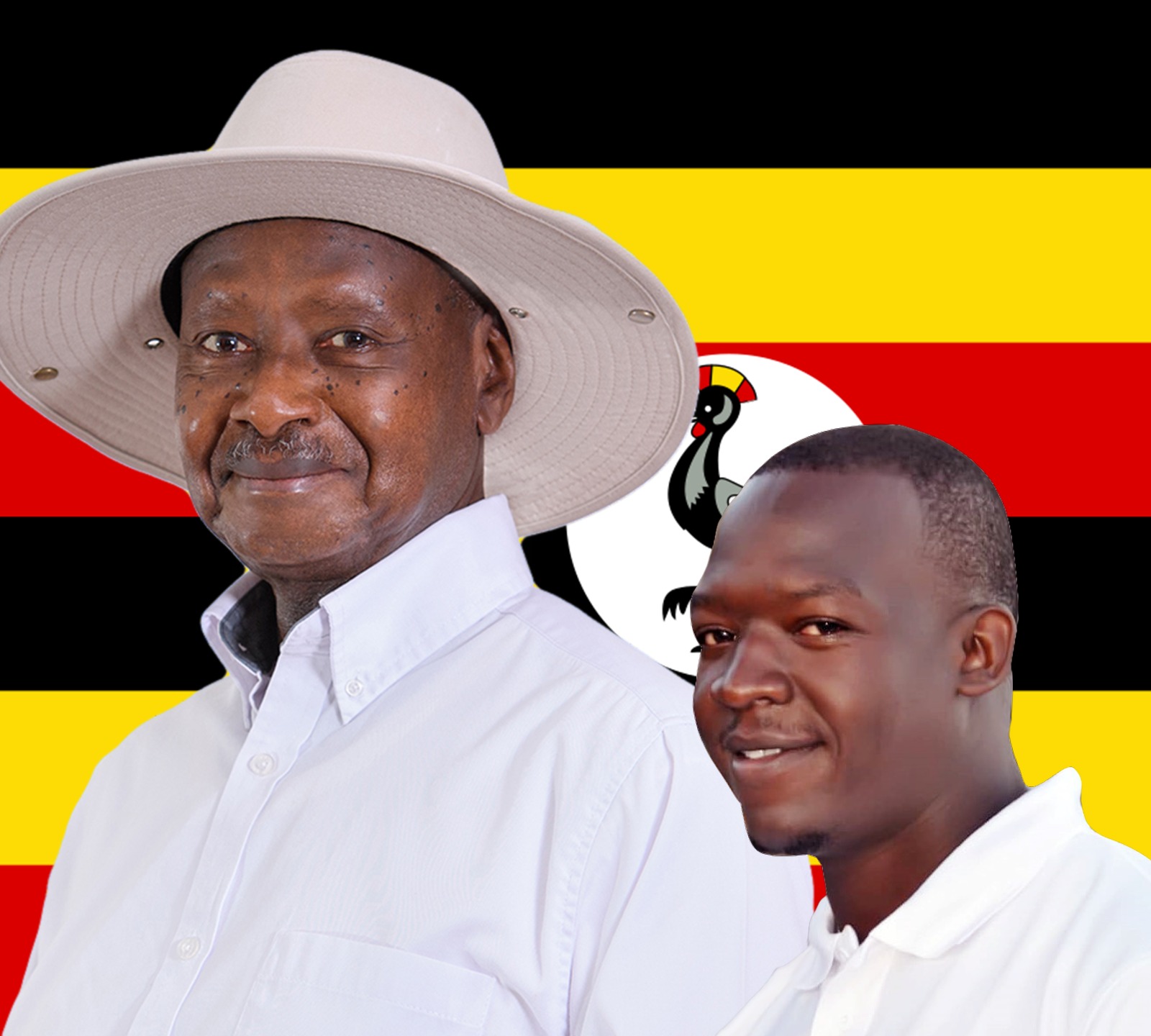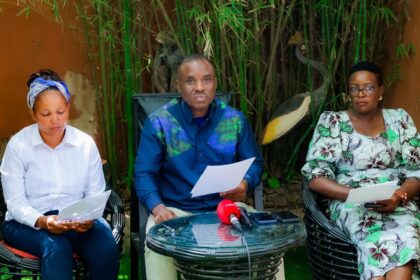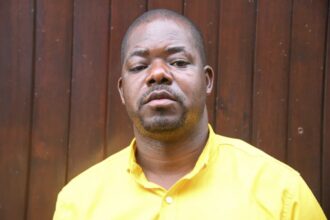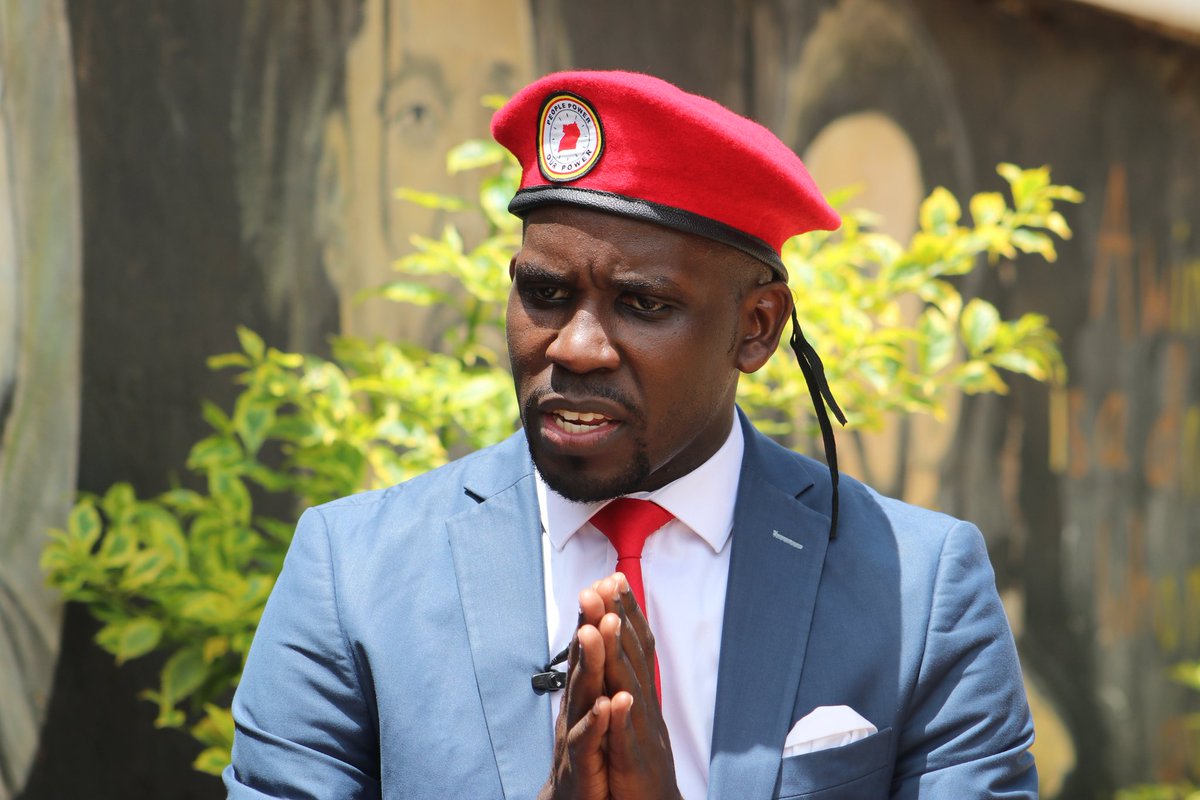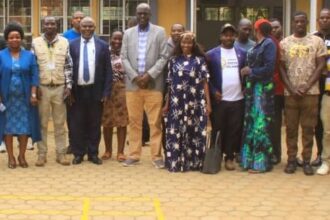Hon Norbert Mao, the Democratic Party (DP) president, claims to uphold democratic values, but his actions at the National Delegates Conference in Mbarara (May 2025) have revealed authoritarian tactics that clash with DP’s ethos. By allegedly locking out rival Richard Sebamala, manipulating delegate lists, leveraging police intervention, and exploiting tribalism to discredit opponents, Mao prioritizes power over principle, driving defections and threatening DP’s relevance. While his methods echo the undemocratic tendencies of historical autocrats, Mao could have managed these scenarios in ways that strengthened DP’s democratic credentials, fostering unity and trust instead of division.
Mao’s leadership at Mbarara has drawn criticism for its heavy-handedness. On May 28, 2025, chaos erupted at DP headquarters in Kampala as members accused Mao of tampering with the delegate list to exclude Sebamala’s supporters, his main rival for the presidency. The use of police, UPDF, and plainclothes officers to maintain order fueled perceptions of control rather than open competition. Mao’s disqualification of Sebamala, citing constitutional provisions, was seen as a pretext to eliminate competition. Accusations that he used tribalism to garner sympathy and leveraged ties to the National Resistance Movement (NRM) further eroded trust. These actions drove defections, with MPs joining the National Unity Platform (NUP) in April 2025, citing Mao’s leadership as “part of the problem, not the solution.”
Mao could have managed these scenarios differently to uphold DP’s democratic ideals. Instead of manipulating delegate lists, he could have ensured a transparent selection process, overseen by an independent committee, to build trust and encourage participation. Rather than disqualifying Sebamala on questionable grounds, Mao could have embraced open competition, allowing a fair contest to strengthen party unity and demonstrate confidence in his leadership. Avoiding police intervention in favor of dialogue with dissenting members would have de-escalated tensions and reinforced DP’s commitment to free expression. Instead of exploiting tribalism, Mao could have promoted inclusivity, emphasizing shared goals over divisive rhetoric, thus appealing to Uganda’s diverse electorate.
Mao’s alignment with the NRM, evident in his silence on issues like Kizza Besigye’s detention, has alienated members seeking a genuine opposition. A better approach would have been to publicly reaffirm DP’s independence, criticizing NRM overreach to rally members around a clear opposition stance. By fostering open forums for debate and addressing grievances transparently, Mao could have stemmed defections, retaining MPs and supporters who felt sidelined. These steps—transparency, inclusivity, and independence—would have positioned DP as a credible alternative to the ruling party, attracting new members and rebuilding trust.
While Mao’s tactics do not match the systemic oppression of Uganda’s past autocrats, they reflect a troubling intent to entrench power, undermining DP’s historical role as a democratic counterweight. His manipulation of party processes and reliance on state resources like police presence risk transforming DP into a vehicle for personal ambition. This has driven defections, weakening the party’s relevance as members flee to parties like NUP, perceived as more democratic. Had Mao prioritized fair processes, open competition, and unity over control, he could have strengthened DP’s foundation, preventing the exodus of talent and reinforcing its democratic legacy. Instead, his trajectory evokes the playbook of power-hungry leaders, threatening to cement his image as a dictator in democratic clothing, squandering an opportunity to revitalize DP as a beacon of hope in Ugandan politics.
Do you have a story in your community or an opinion to share with us: Email us at Submit an Article



